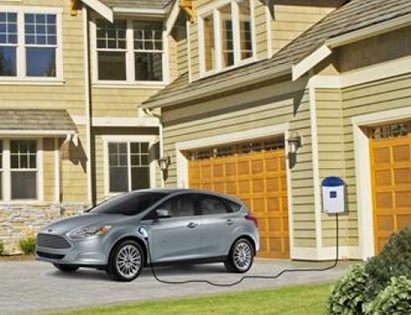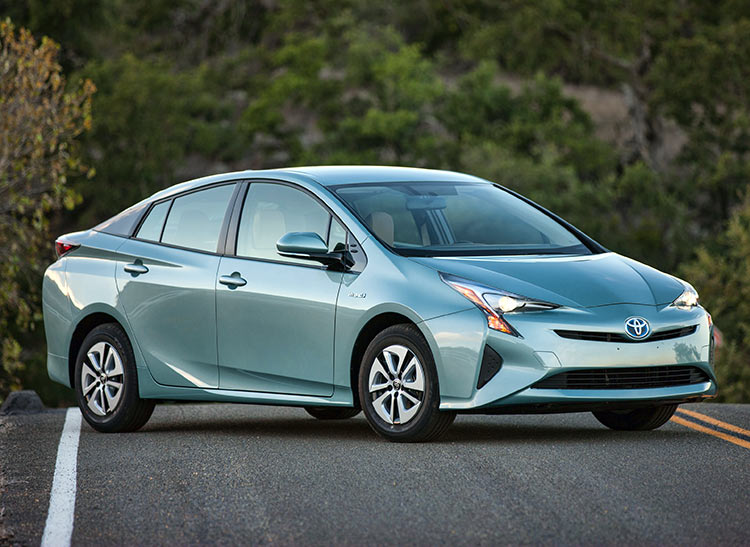EV tax credit: The electric vehicle tax credit may be salvaged as House and Senate leaders  negotiate revisions the sweeping tax bill, according a Republican source familiar with the matter. The $1.5 trillion House bill had eliminated the $7,500 tax credit and had also curtailed a wind energy tax credit. The senate bill had left both in place. EV advocates and automakers have been lobbying to salvage the tax credit, which has been an integral part of marketing EV sales especially to first-time buyers.
negotiate revisions the sweeping tax bill, according a Republican source familiar with the matter. The $1.5 trillion House bill had eliminated the $7,500 tax credit and had also curtailed a wind energy tax credit. The senate bill had left both in place. EV advocates and automakers have been lobbying to salvage the tax credit, which has been an integral part of marketing EV sales especially to first-time buyers.
Lyft going global: Ride-hailing firm Lyft will be going beyond the US market for the first time by serving the greater Toronto area. Lyft has been part of a global alliance with ride-hailing and ridesharing firms competing with market leader Uber. Canadian consumers had been choosing between Uber and taxi rides and are expected to welcome having another choice for mobility services.
Hybrid more efficient for owners: Vincentric just released its 2017 U.S. Hybrid  Analysis results today showing a change in the market over the past year with consumers finding more options in fuel-efficient hybrids. The percentage of cost-effective hybrids has increased 16 percentage points compared to the 2016 study. For 26 of the 65 hybrids evaluated, or 40%, these hybrids have a lower total cost of ownership compared to their closest all-gasoline powered counterpart. Since 2012 the percentage of cost-effective hybrids had steadily decreased with the trend changing this year. Luxury hybrids had the highest percentage of cost-effective hybrids at 46%, The Lexus CT200h had the largest savings in the study, showing that buyers could save $7,750 over five years of ownership compared to the similarly equipped Lexus IS 200t.
Analysis results today showing a change in the market over the past year with consumers finding more options in fuel-efficient hybrids. The percentage of cost-effective hybrids has increased 16 percentage points compared to the 2016 study. For 26 of the 65 hybrids evaluated, or 40%, these hybrids have a lower total cost of ownership compared to their closest all-gasoline powered counterpart. Since 2012 the percentage of cost-effective hybrids had steadily decreased with the trend changing this year. Luxury hybrids had the highest percentage of cost-effective hybrids at 46%, The Lexus CT200h had the largest savings in the study, showing that buyers could save $7,750 over five years of ownership compared to the similarly equipped Lexus IS 200t.
“Our study showed a significant increase in the percentage of hybrids that can save buyer’s money over five-years when compared to an all-gas counterpart,” said Vincentric President, David Wurster. “Understanding the value of hybrids requires looking at all ownership costs, and not just fuel savings. Only then can buyers determine whether it makes sense to pay the hybrid price premium.”



